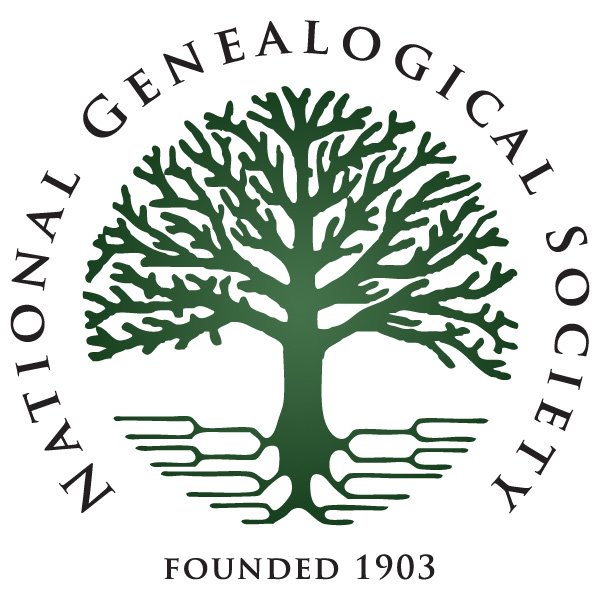Many of you know that for the last six years I have served as the administrator of the ProGen Study Program. I have encouraged genealogists to study Professional Genealogy: A Manual for Researchers, Writers, Editors, Lecturers and Librarians, edited by Elizabeth Shown Mills, by organizing online groups to work through the book, completing practical exercises and discussing each topic. This week I will transition my role from administrator of the ProGen Study Group to a position on the board of directors. This change will allow me to pursue some of my other goals in genealogy.
Rebecca Whitman Koford,
CG has been named as the new administrator of the ProGen Study Program, and will begin her service on January 1,
2015. Rebecca has completed the ProGen program,
served as a ProGen coordinator, and is well prepared to take over leadership of
the ProGen Study Program. I am confident that the vision of ProGen will continue under her direction.
Rebecca
Whitman Koford, CG, is a board certified genealogist with
special emphasis in Maryland and War of 1812 research. She was coordinator for the 4th and 14th
ProGen groups and coordinator for the 16th Gen Proof online study group
(peer-led group study of Dr. Thomas Jones’ book Mastering Genealogical Proof).
She has spoken for the Maryland State Archives and for conferences and
groups in Maryland, New Jersey, Pennsylvania, and Delaware. She has taught
beginning and advanced genealogy courses for Howard Community College.
Rebecca is a member of
DAR, NGS, MGS, MDHS, NEHGS, and NYG&B.
She was formerly assistant director of the Columbia Maryland Family
History Center and was the treasurer for the National Capital Area Chapter of
the Association of Professional Genealogists.
She completed courses with NGS, NIGR, and SLIG (Advanced Methodology),
and has recently authored articles for the Maryland
Genealogical Society Journal. She
now serves as a board member of the Maryland Genealogical Society and
volunteers at the Family History Center in Frederick, Maryland. Rebecca has been taking clients and
lecturing since 2004. Her current
passion is for the Preserve the Pensions: War of 1812 project sponsored by
FGS. She lives in Mt. Airy, Maryland,
with three active teenagers and a very patient husband.
CG
(SM) and Certified Genealogist (SM) are service marks of the Board for
Certification of Genealogists® and are used under license by Board-certified
associates who meet program standards and periodic competency evaluations.
About the ProGen Study
Program:
The ProGen Study Groups are
organized to encourage professional and aspiring genealogists to put into
practice the principles found in Professional Genealogy: A Manual for
Researchers, Writers, Editors, Lecturers and Librarians, edited by
Elizabeth Shown Mills. This program employs an innovative method of
collaborative learning focused on developing genealogical research skills and
business practices.
There have been twenty-four
ProGen study groups, with over 500 genealogists participating in the 18-month
program. The list of ProGen alumni can be viewed at http://progenstudy.org/alumni/ For more information on the ProGen Study Program see http://progenstudy.org/







